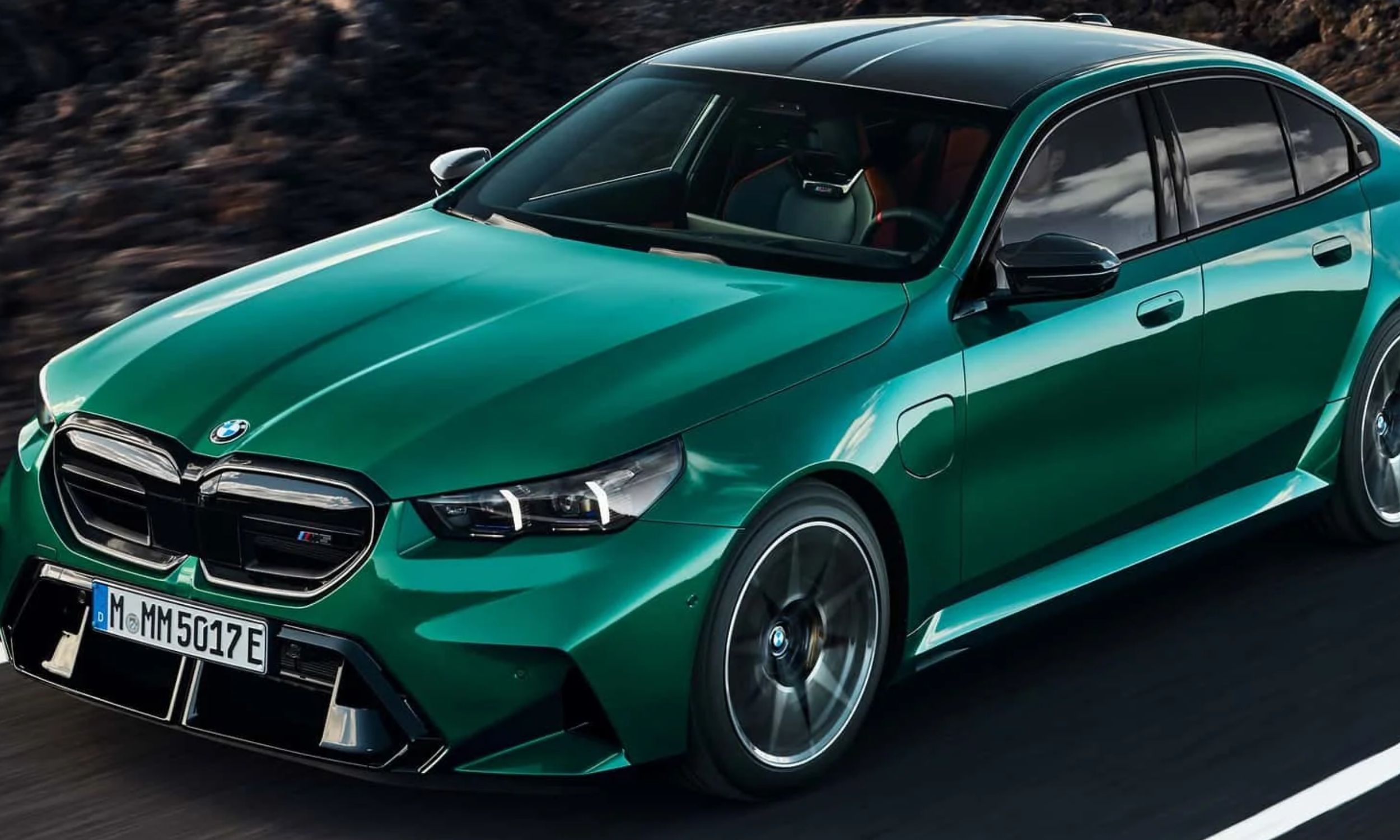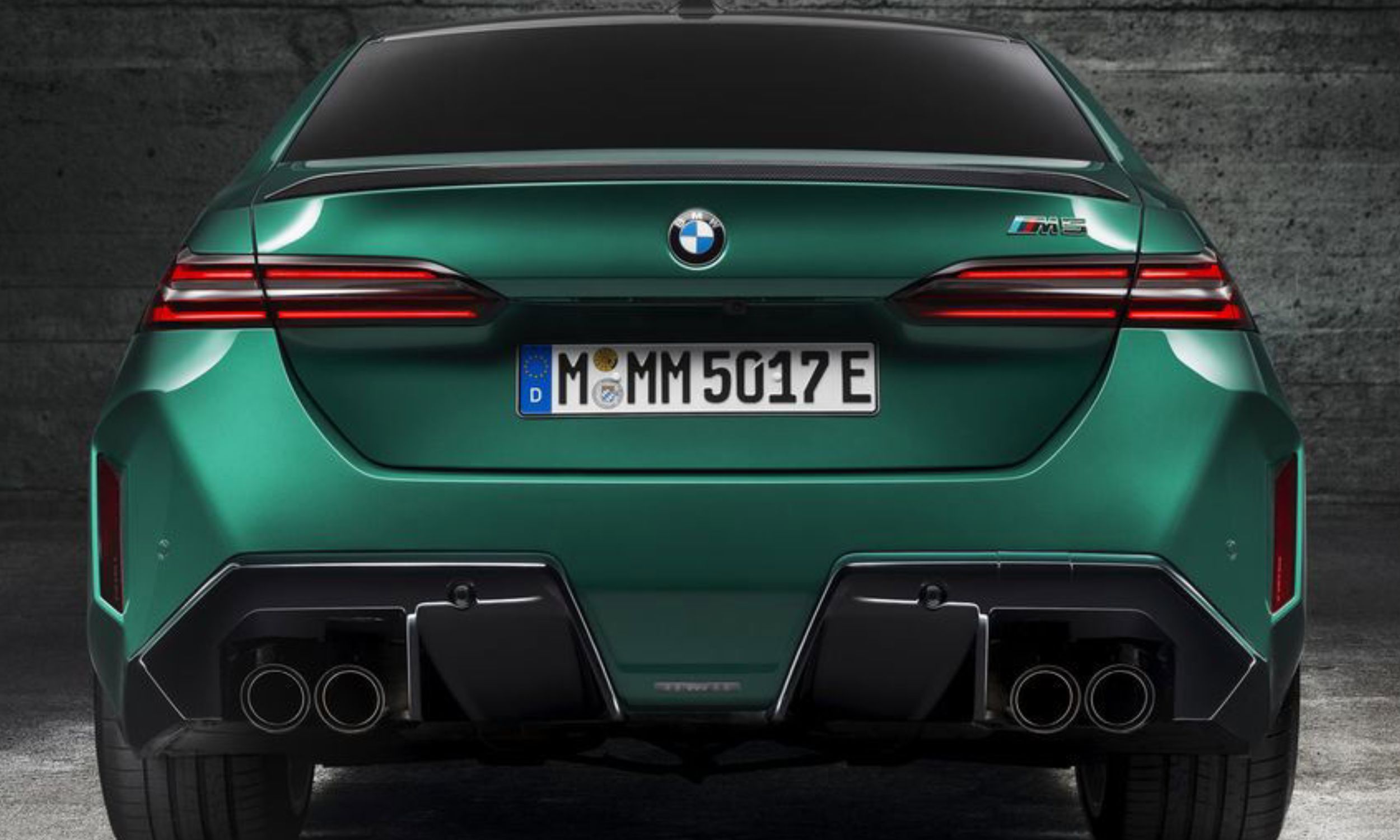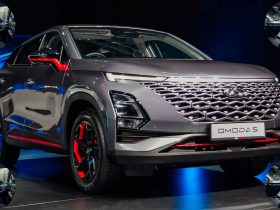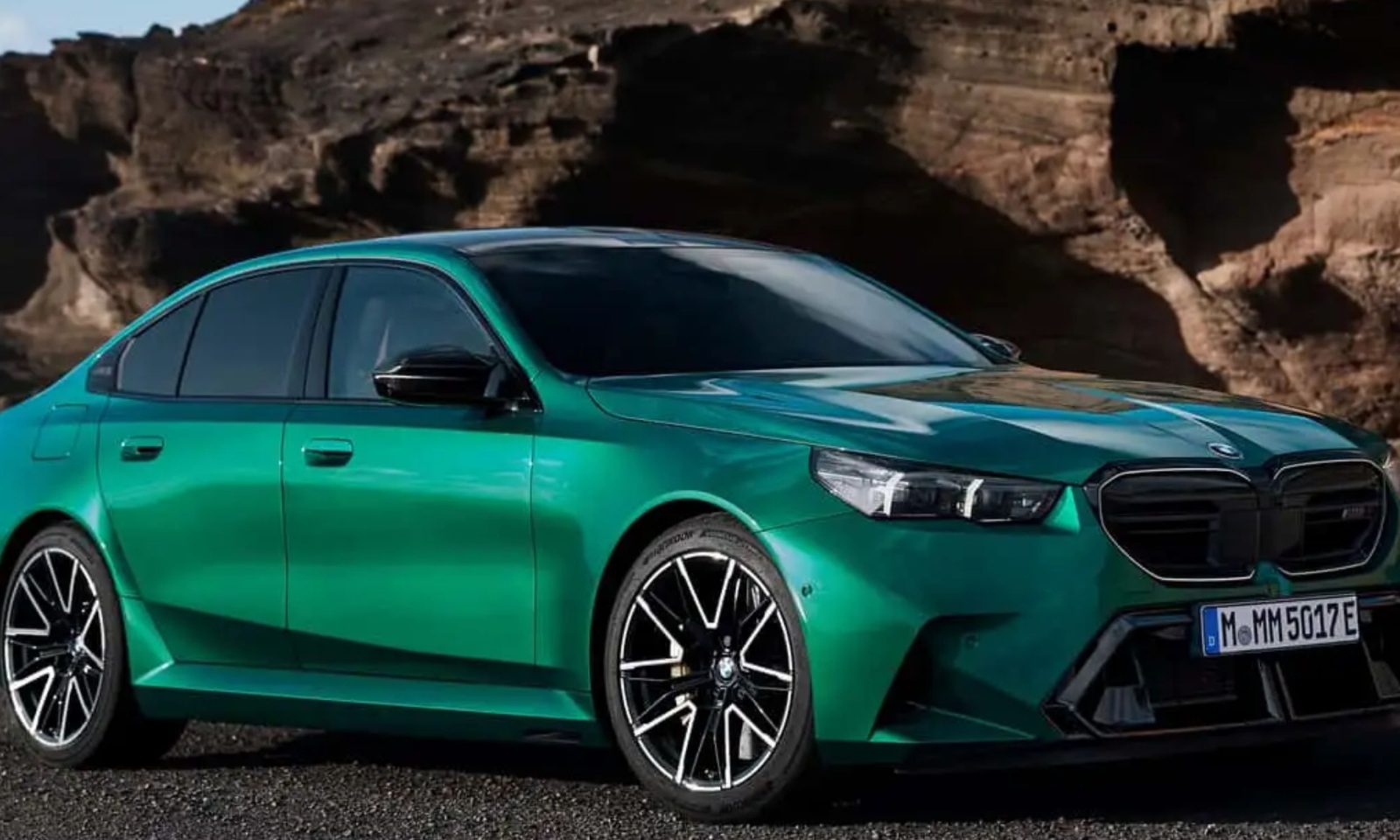The latest BMW M5 has arrived, and it’s a heavyweight champion, tipping the scales at 5,390 pounds. That’s a whopping 1,020 pounds heavier than its predecessor. The primary culprit behind this weight gain is the hybrid system, which adds a substantial 881 pounds.
BMW M boss Frank van Meel defends this decision, citing the benefits of a full plug-in hybrid system over a traditional hybrid setup. Despite the weight penalty, van Meel believes the added electric power and range make it a worthwhile trade-off.

The new M5’s weight has sparked controversy, with some critics pointing out that it outweighs larger vehicles like the Chevy Tahoe and Ford F-150. However, van Meel argues that the weight was carefully considered to achieve a specific performance benchmark.
By placing the battery in the floor, the car’s center of gravity is lower, offsetting some of the weight gain. While a non-plug-in hybrid setup would have been lighter, van Meel believes the benefits of the plug-in system outweigh the drawbacks.

Interestingly, BMW considered alternative engine options, including an inline-six and even a four-cylinder, but eventually chose the V-8 for its emotional appeal and compact design.
A fully electric M5 was also explored but deemed not feasible with current technology. Despite the weight gain, the new M5 promises impressive performance, and van Meel is confident that the benefits of the hybrid system will win over skeptics.
































Leave a Reply